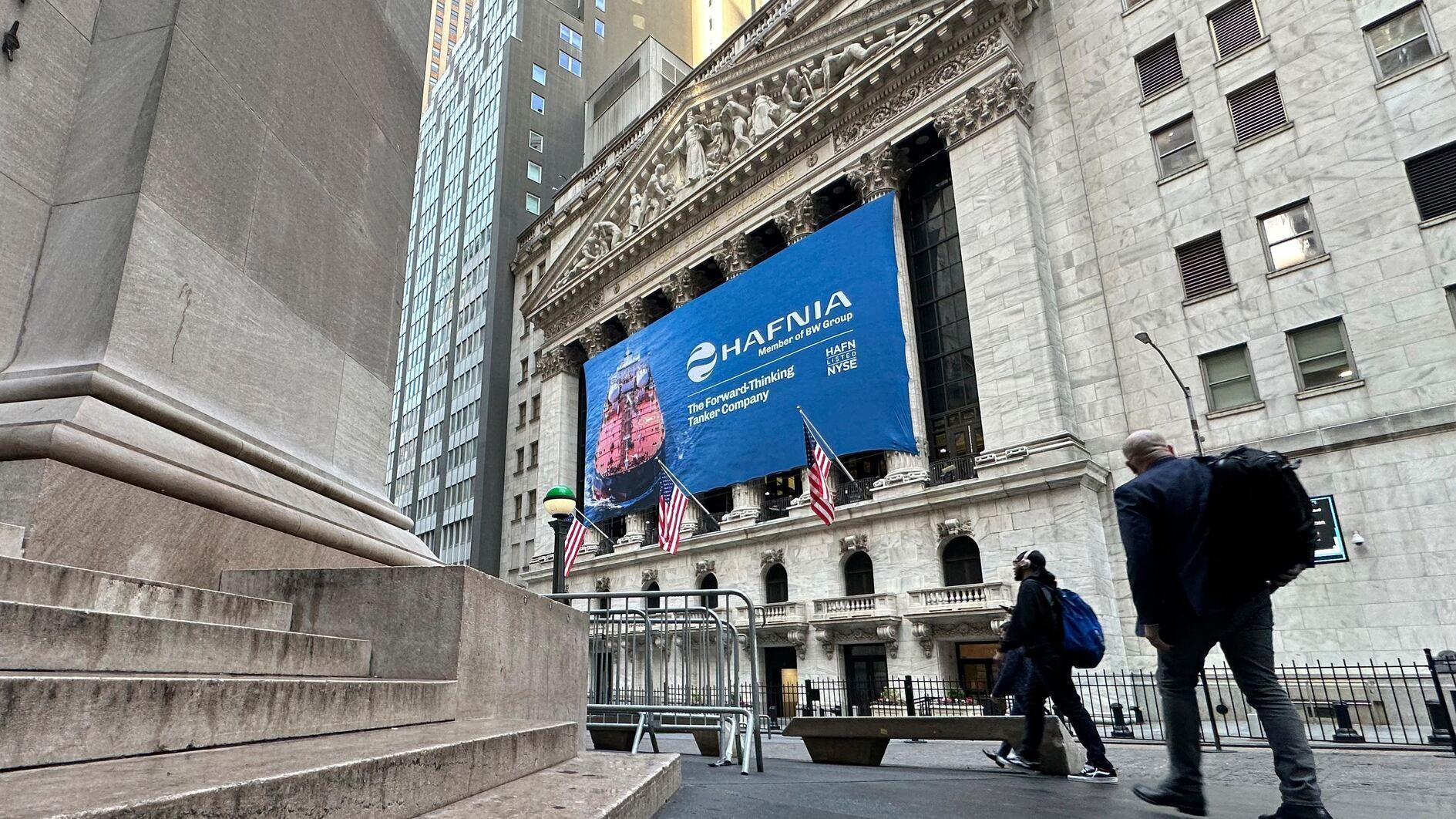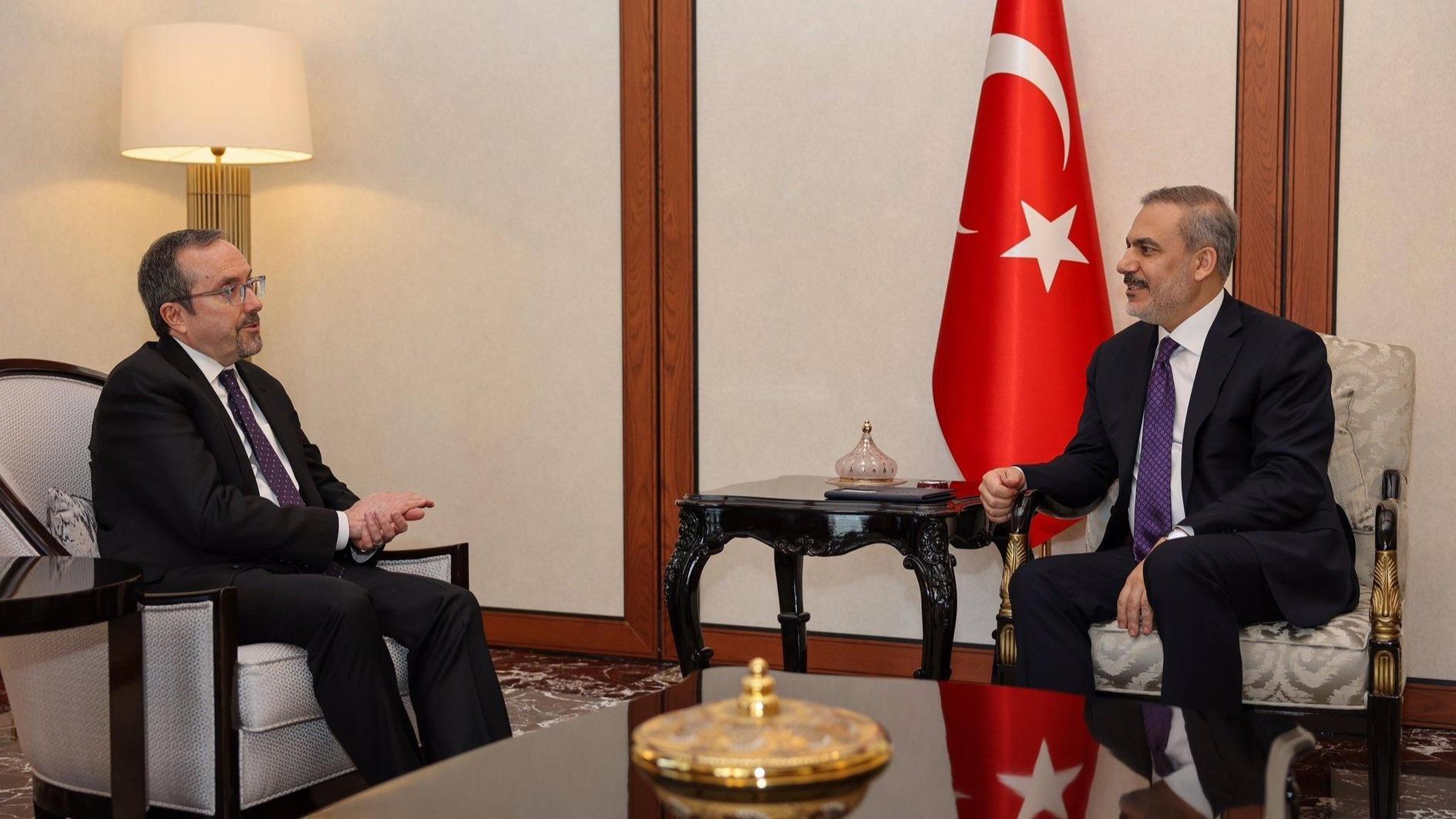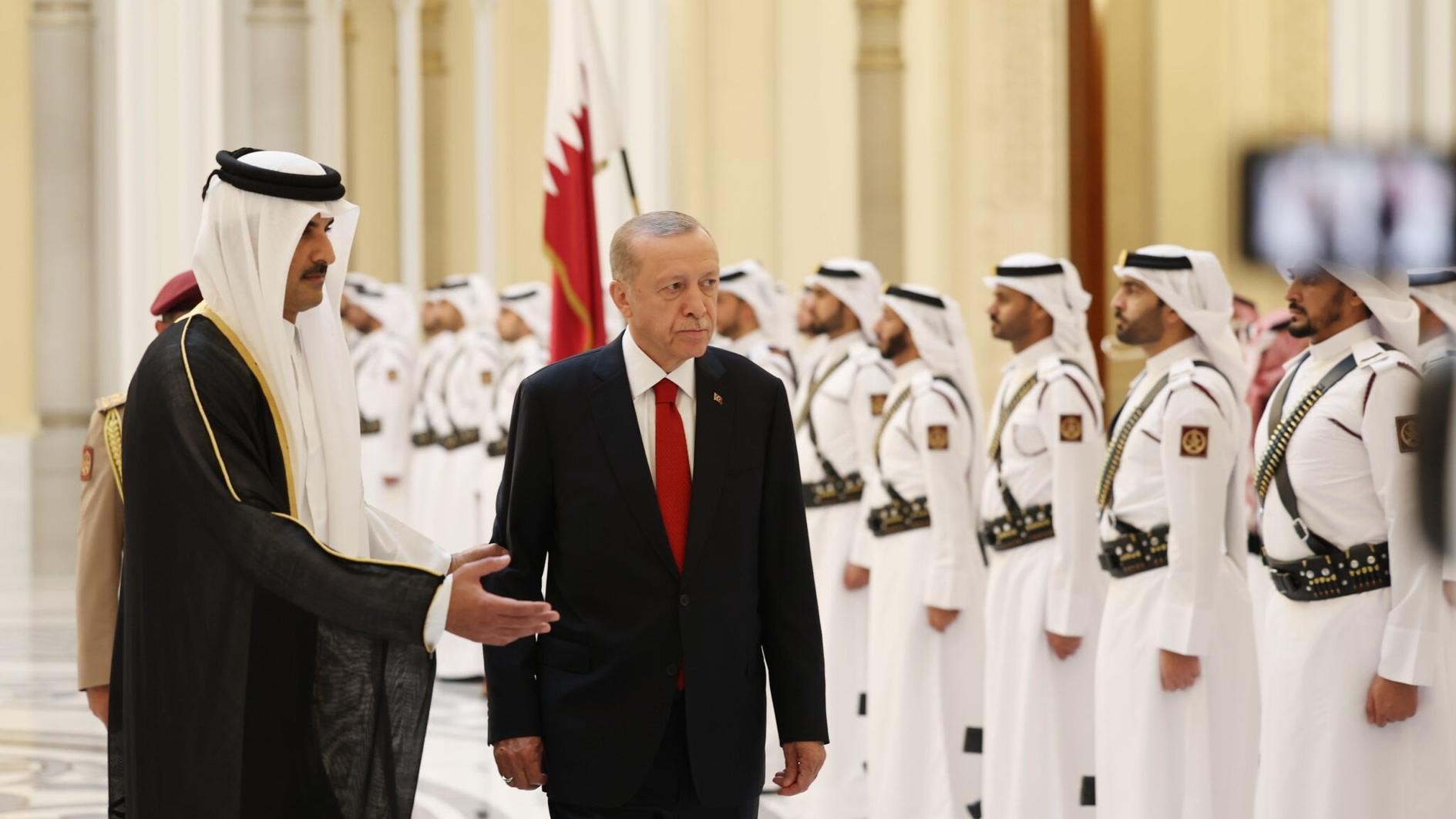Turkish government asks what changed for Moody’s
Moody’s lowered Turkey’s credit rating to “junk” level late on Sept. 23, despite its earlier decision after the bloody coup attempt of July 15 that it would wait and monitor developments for three months before making a final decision.
A day before the Moody’s cut, President Tayyip Erdogan had told Bloomberg that he “did not care at all” about the decisions of rating agencies as they were based on politics rather than economic criteria.
Yet Ankara reacted strongly to the Moody’s downgrade. Following a cabinet meeting on Sept. 26, government spokesman Numan Kurtulmuş slammed it as a “political” decision. “There is one point that we have difficulty understanding. “How did the evaluation of Moody’s analysts on Sept. 21 evolve in the exact opposite direction in two days?” Kurtulmuş said, adding that the figures have not changed much since the coup attempt.
He has a point here. On Sept. 21, Moody’s told Reuters that “the shock to Turkey’s economy from the failed coup in July has largely dissipated,” adding that it expected to conclude its rating review within the next month.
However, two days later Moody’s Investor Service elaborated on its downgrading of Turkey’s sovereign credit rating to non-investment grade, citing “worries about the rule of law” and “weakening in previously supportive credit fundamentals, particularly growth and institutional strength.”
What could have affected the evaluations of Moody’s analysts in two days?
Could it be a statement by Erdoğan in the meantime about the confiscated properties of suspected Gülenist companies and institutions? In an address to Turkish associations in New York, Erdoğan said the government of the ruling Justice and Development Party (AK Parti) had “given lands and state properties” for the use of the followers of Fethullah Gülen, the U.S.-resident Islamist preacher who is accused of masterminding the coup attempt, in order for them to build schools and contribute to the economy. Instead they conspired against the government.
“Would it be possible for us to take them back under normal circumstances?” Erdoğan asked before answering himself: “Under the state of emergency the state has started to seize the properties of this gang of treason.” Could it be that those words were interpreted by Moody’s as a threat to the right to own property in Turkey?
Or could the evaluations have been affected by a remark during Erdoğan’s Sept. 22 interview with Bloomberg in which he said the Central Bank should continue to lower interest rates, adding that the Gülenists - or the members of “Fethullahist Terror Organization” (FETÖ) as it is called by prosecutors - should be cleared from the Bank. Could it be that those words were interpreted as a sign of the vulnerability of the independence of the Central Bank?
Or could it be a remark Erdoğan made in another address to the Turkish community in the U.S. on Sept. 23, when he expressed his disappointment with the “resistance” of the U.S. administration to extraditing or canceling the Green Card of Gülen, whom has been denounced as a terrorist in Turkey by the National Security Board? “When it is a matter of U.S. national security, including 9/11, we did more than we could to help. Now I’m asking for a terrorist from you. [Do you know] what [the U.S. says]? The court [decides]. What court decision? What could be the court decision against a terrorist?” he said. Could it be that Moody’s did not consider the political context of the remark and took it as a possible political intervention into the courts back in Turkey?
All of this could be pure speculation. But if it is possible for Moody’s to show such a quick response in such a delicate matter, it is possible to come to the conclusion that the decision had a “political aspect,” as Kurtulmuş said. How will that affect the investment potential in Turkey? We’ll have to wait and see.











